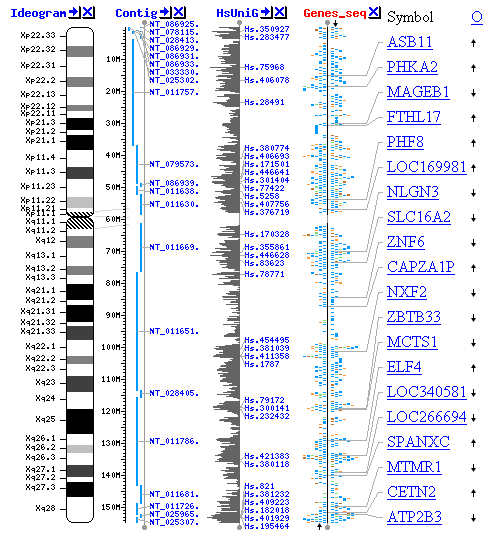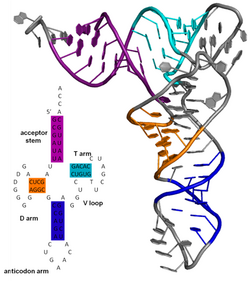Keck Computational Science Center
Biology
Bioinformatics and computational science revolutionized the field of biology. Discoveries in biology are increasingly dependent upon a solid computational infrastructure with the capacity to handle the terabytes of data generated by molecular studies, not to mention the computational muscle needed for the accession and comparative analysis of these data. Bioinformatics training presents a series of challenges common to other fields where training is based on a fast-evolving discipline that utilizes multiple external resources, including i) differences in undergraduate trainee backgrounds, ii) dynamic nature of the discipline, which leads to fast-evolving content and software, and iii) faculty development resources for instructors to keep up with the fast-paced field. To this end, bioinformatics training needs a long-term solution providing a centralized space to share resources, as a suitable venue for experiential and team-based learning in bioinformatics, and to share and discuss training experiences.
 Bioinformatics is taught at Fresno State as an upper-division lab course (BIOL 151)
that is essential to students focused in the cellular and molecular disciplines of
biology. Even though the course is no longer required under the Biology major due
to curricular rearrangements, it has, nonetheless, seen a steady increase in enrollment
over the past several years. Biology faculty at Fresno State have noted that the role
of in silica biology is met with some apprehension by our students because of the
lack of engagement and awareness during general education or the lower division curricula.
A centralized, state-of-the-art venue, with wireless connectivity, smart classroom
configuration, ample space, and reliable computing architecture, is the kind of infrastructure
that facilitates GE course development, summer school offerings such as camps and
remedial training, and is the basis for extended education programs and new certificate
offerings.
Bioinformatics is taught at Fresno State as an upper-division lab course (BIOL 151)
that is essential to students focused in the cellular and molecular disciplines of
biology. Even though the course is no longer required under the Biology major due
to curricular rearrangements, it has, nonetheless, seen a steady increase in enrollment
over the past several years. Biology faculty at Fresno State have noted that the role
of in silica biology is met with some apprehension by our students because of the
lack of engagement and awareness during general education or the lower division curricula.
A centralized, state-of-the-art venue, with wireless connectivity, smart classroom
configuration, ample space, and reliable computing architecture, is the kind of infrastructure
that facilitates GE course development, summer school offerings such as camps and
remedial training, and is the basis for extended education programs and new certificate
offerings.
Furthermore, in Biology, we practice the 'education-through-research' model for undergraduate
and graduate research projects. A powerful computational core is the foundation for
several of the ongoing research endeavors for which the Biology faculty have published
expertise, including molecular phylogenetics (Drs. Calderon-Urrea, Crosbi, Magie,
and Zechman), proteomics (Drs. Bush and Rawat), and genomics (Drs. Prince, Miller
and Zechman).
The center not only benefits trainers and those developing bioinformatics tools and databases, but also benefits the wider scientific community when undergraduate students use what they have learned to teach and support others. This concept of trainer support is important when developing bioinformatics courses, as it recognizes the dual benefit of this kind of learning: to learn how to use specific computational skills applied to conduct research in their discipline, and learning that can be applied to train others. Thus, we have started developing and delivering courses with the aim of training students to optimally use bioinformatics resources, while creating a research culture that motivates them to eagerly share their skills acquired during the course with their peers.